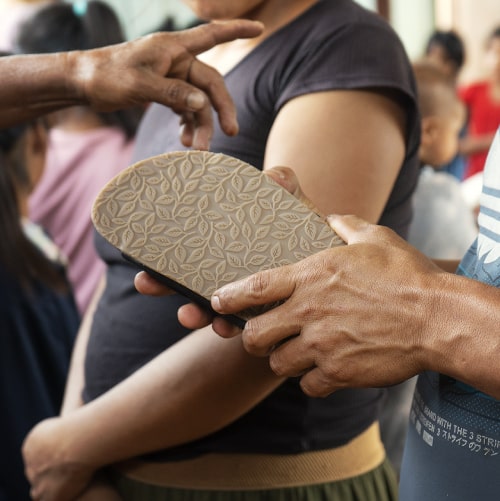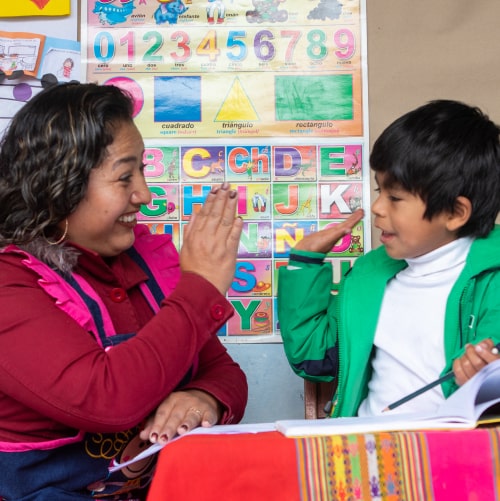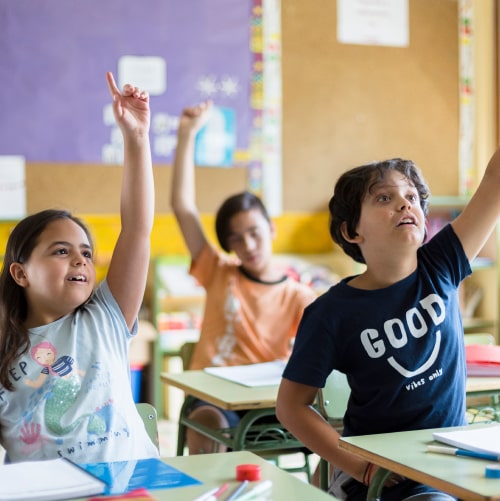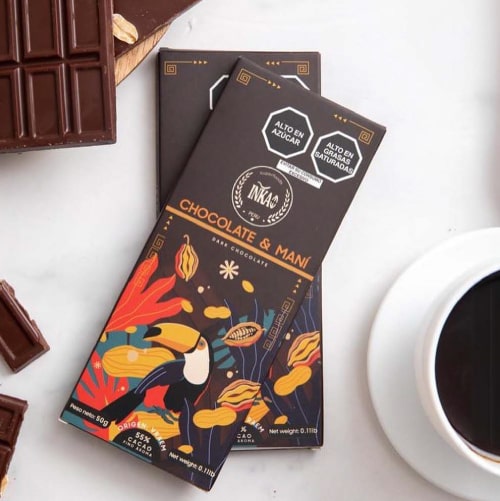The 9th International Colloquium on Archaeology, organized by the Wiese Foundation under the title “Recovering to Give Back: The Dissemination of Knowledge“ concluded successfully. For three days, from September 26 to 28, experts from various disciplines, such as archaeology, cultural management, education and communication, shared valuable reflections and learnings with a global audience passionate about archaeology and committed to the dissemination of knowledge for all.
In this ninth edition, the colloquium focused on archaeology as a social science and on how the knowledge derived from the research and conservation of the archaeological heritage enriches the understanding of the history and culture of societies over time. Under the motto “Recovering to Give Back”, the importance of actively sharing this knowledge with society as a whole was emphasized, underscoring the fact that the dissemination of this knowledge is an ethical responsibility and a fundamental commitment for all institutions involved in the dissemination of cultural heritage, both material and immaterial, from archaeological research centers to schools and the news media.
In the words of Ingrid Claudet, general manager of the Wiese Foundation:
“The efforts of the Wiese Foundation, in the past 3 years, have focused on generating social impact, through the production and dissemination of knowledge: that valuable knowledge that is the product of the study of our cultural heritage. For this reason, this year we wanted to explore these issues also in our Colloquium, which is a small sample of what we could achieve as a society if disciplines such as “public archaeology” and “cultural heritage education” were to shake hands in favor of the education of all Peruvians.”
Day 1: Archaeological Research: The beginning of the production of knowledge
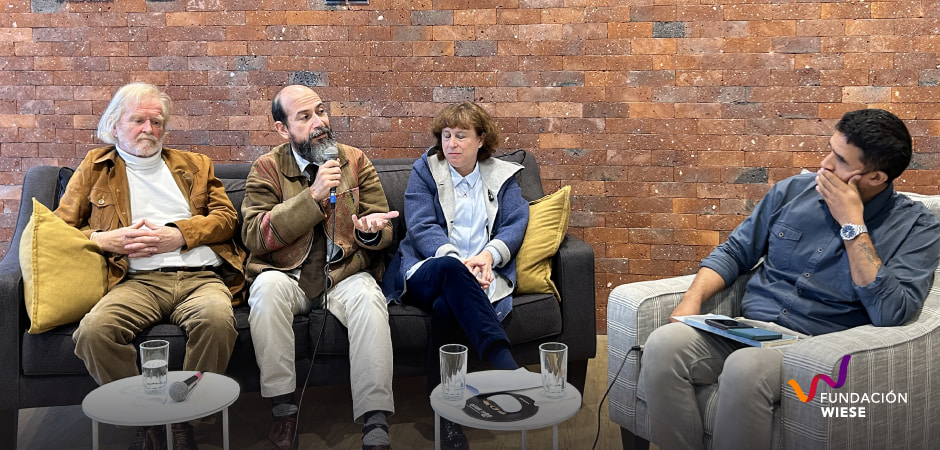
The first day focused on raising questions about the role of archaeology in the production of knowledge, its social utility and the importance of disseminating archaeological knowledge. Moreover, it discussed how archaeology generates new knowledge through archaeological research projects with excavation, the study of collections, and other forms of knowledge production, as well as the opportunities to turn this knowledge into accessible content for wider audiences.
Day 2: The dissemination of knowledge done from the archaeological site
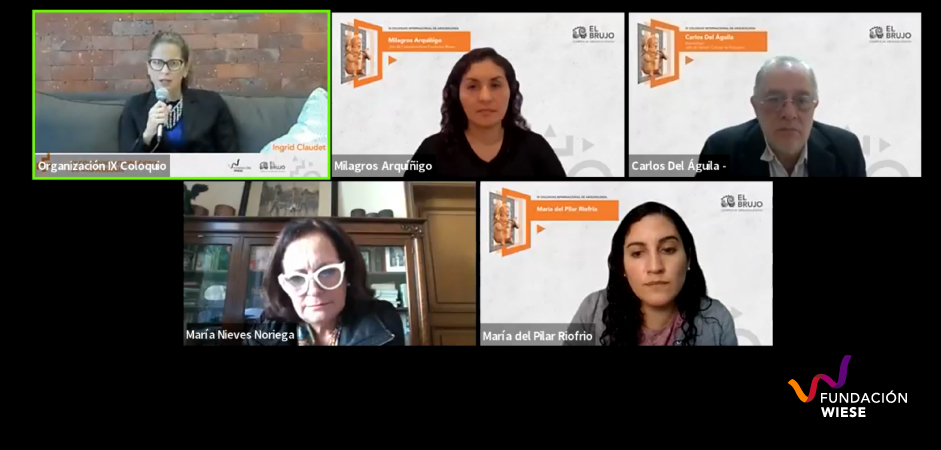
On the second day we explored the various ways in which cultural heritage-related content can be created for the non-specialized public and examined the possibilities and limitations of available dissemination channels, ranging from museums to digital publications.
Day 3: Experiences at the service of schools
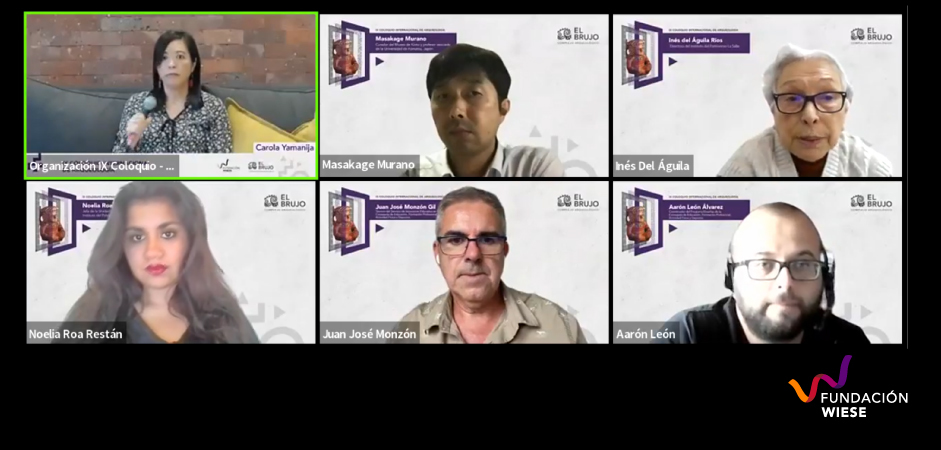
This year’s edition also underscored the crucial role of education, especially of schools, as a vehicle for disseminating archaeological knowledge. The school was presented as a privileged place to foster historical awareness, critical thinking and appreciation of the cultural heritage. This third and final date was attended by representatives from various institutions that have developed projects related to the cultural heritage in schools, evaluating the progress and challenges of this trend.
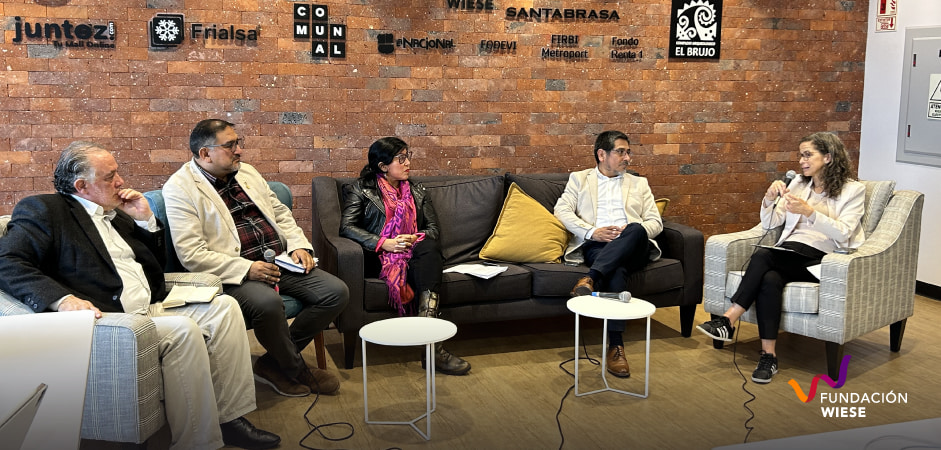
Finally, a multidisciplinary panel of experts shared their reflections on the systematic and sustainable inclusion of archaeological research in citizen education, underlining the importance of joining archaeology and education for the benefit of all Peruvians.
The 9th International Colloquium on Archaeology has demonstrated that archaeology is not only a window into the past, but also a door into a future enriched by the understanding of our cultural heritage and shared heritage. We thank all those who made possible this venue for exchange and collaboration.
Relive the three dates of the Colloquium by clicking on the following link: https://www.elbrujo.pe/investigadores/eventos




